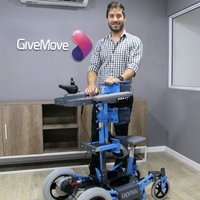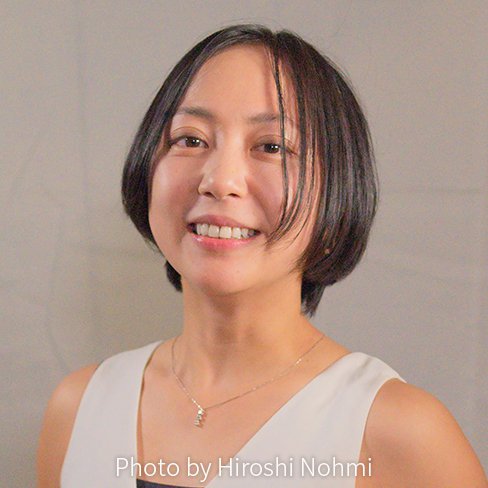Biotechnology & medicine
Noriko Endo
Advancing the implementation of wastewater surveillance to improve public health surveillance for COVID-19 and beyond.
Hiroshi Nohmi

Global
Tyler Allen
Developed a live imaging system that allows researchers to observe how tumor cells move through the body.

MENA
Wael Othman
A smart tactile system to address the three-decade gap in laparoscopic and minimally invasive surgery.

Latin America
Alejandro Bisi
Using technology to give more independence to children with motor disabilities through motorized standing frames.

Europe
Dr Walther Traberg
University of Cambridge & Novo Nordisk
